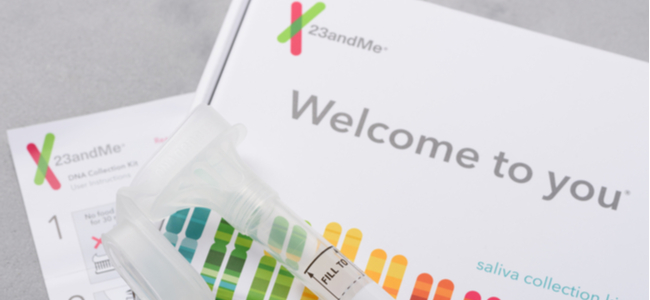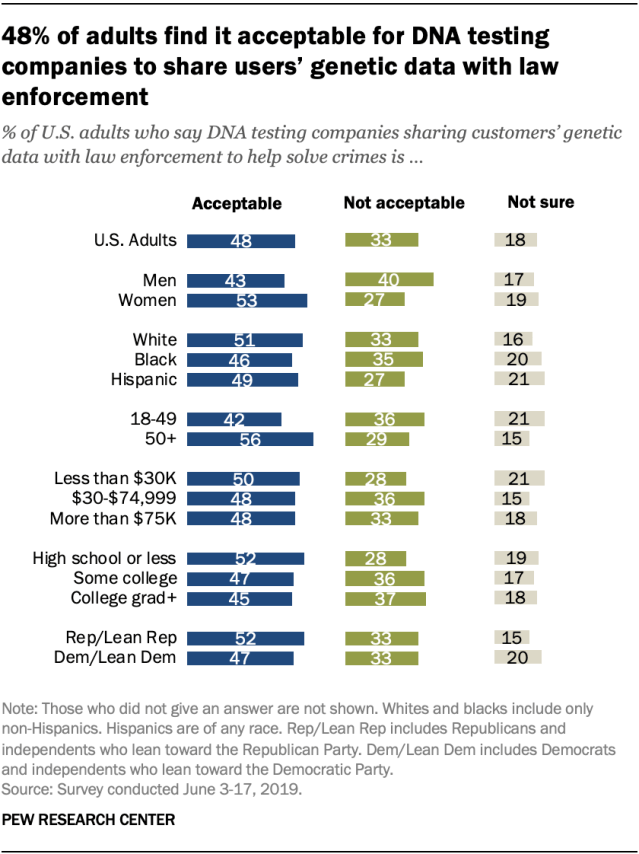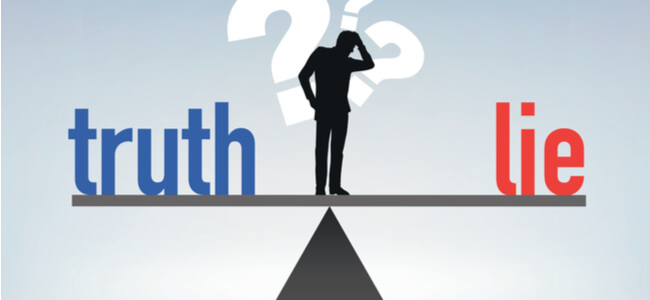Can Law Enforcement View My DNA Data?

DNA is private information that reveals your identity, ancestry, genetics, as well as your blood relations. With at-home genetic testing costing around $50, over 26 million people have already taken such tests. While some may do so for entertainment, others do it out of curiosity. Some individuals even get tested to discover lost relatives or family secrets.
All of it appears positive until you realize the repercussions. Who’s privy to your private information? What if you’re inadvertently exposing a distant relative’s DNA evidence in criminal cases?
The answer lies in the privacy policy used by the testing companies you’re sending your genetic information to. According to a recent Pew Research Study, only about 10% of people read privacy policies.
Even if you’ve read the fine print, it could still be a shocker. This is because companies can alter their privacy policies whenever they want. A bigger blow is that 39% of the 90 genetic testing companies don’t even have security procedures in place.

Is DNA Evidence Always Valid In Court?
When law and order agencies began using fingerprinting in 1985, DNA quickly emerged as a key factor in proving cases across the country. Today, it’s an irrefutable piece of evidence in court, unless it's tampered with.
That said, inaccuracies often happen with ancestry testing, as it’s possible to make errors. On top of that, according to a British study conducted in 2014, familial DNA has up to 83% chance of failure. This is why Maryland and the District of Columbia have currently outlawed familial gene searches. Hence, such DNA evidence in court is inadmissible in these states.
How DNA Evidence Finally Helped To Catch The Golden State Killer
Although genetic evidence helped crack many cases in the recent past, the most famous one is the Golden State Killer DNA case. Investigators misidentified an Oregon man in 2017. This was before discovering the real criminal as Joseph James DeAngelo in 2018.
Aged 72 at the time of arrest, DeAngelo was accused of 12 homicides, 45 rapes, and over a hundred burglaries that happened between 1976 and 1986. Most of the evidential information came from matching the crime scene evidence with the genetic database on GEDmatch. This is an open-source genealogy site that helps users connect with lost relatives using DNA reports.
Upon close examination, the genetic information of the suspect matched with a distant relative. Thereafter, investigators used conventional techniques to determine the suspect. It was primarily based on the closeness of DeAngelo to the location of the incidents, four decades ago.
On the whole, the Golden State Killer was found without any conspiracy between DNA companies and law enforcement agencies.
48% Of Americans Would Be Ok With DNA Testing Companies Sharing Data With Law Enforcement
The above is an inference released by the Pew Research Center based on a survey conducted on U.S adults in June 2019. One-third of Americans believe sharing genetic information with law enforcement agencies is unacceptable. However, over 18% can’t pick sides. Keep in mind that about 16% of Americans have used at-home gene testing.

It’s important to dig into these testing legalities because it concerns the person who takes the test and all those related to them. Moreover, genetic companies may share your data with life insurance brokers, employers, or advertisers. Soon, genetic discrimination may occur when you look for jobs.
If you’re worried, rest assured because DNA testing for legal purposes is no longer the same as it was a decade or two ago. Companies like 23andMe and Ancestry.com have already joined hands with the Future Of Privacy Forum today. They abide by a set of best practices that ensure transparency and security around genetic data collection. This upholds consumer privacy, especially when it concerns the use of DNA by law enforcement agencies.



